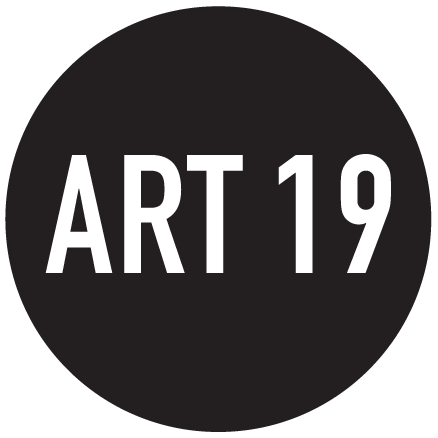External | The New York Times: #BlackoutTuesday: A Music Industry Protest Becomes a Social Media Moment
What began as a proposed day of reflection after the death of George Floyd morphed into something broader, leading some to complain that #BlackLivesMatter posts were being silenced.
By Joe Coscarelli
Music stars posted black squares on their Instagram accounts as part of #blackouttuesday.
What began as an attempt by two music insiders to pause business as usual across the industry on Tuesday, in response to the protests sweeping the nation, broadened and morphed overnight on social media into a less focused action, resulting in a sea of black boxes across Instagram and other platforms.
Brands including Spotify, Live Nation, Apple, TikTok and many of the largest record companies said on Monday that they would cease most operations the following day, in light of the demonstrations sparked by the death of George Floyd in Minneapolis. The industry blackout initiative, which started under the hashtag #TheShowMustBePaused, was the brainchild of two black women who work in music marketing, Jamila Thomas and Brianna Agyemang.
“The music industry is a multibillion dollar industry,” the women, who did not respond to requests for comment, wrote in a statement. “An industry that has profited predominantly from Black art. Our mission is to hold the industry at large, including major corporations + their partners who benefit from the efforts, struggles and successes of Black people accountable.” On the Billboard album chart, black artists have held the No. 1 spot for 11 out of the last 13 weeks — and occupy four of the Top 5 slots this week.
But as with many social media undertakings, the digital protest took on a life of its own as it was adopted by artists like Rihanna, Quincy Jones, Yoko Ono and the Rolling Stones, spreading far beyond music under the #BlackoutTuesday banner and leading to some confusion about what was being asked of participants, many of whom used blank black posts as a show of solidarity.
As the black boxes spread, first across other creative communities, like theater, film and dance, and then to any individual wishing to show support for broader causes of racial injustice, the gesture largely eclipsed its original specific intent. Some vowed to “mute” themselves online for the rest of the day as part of the blackout, while skeptics worried that silence was not the answer. And when many on social media began appending the general #blacklivesmatter message to their posts, others pointed out that doing so could drown out other postings under the same slogan.
“Posting black boxes on Instagram and hashtagging black lives matter is rendering the hashtag useless,” the drag performer and singer Tatianna wrote on Twitter as millions of similar posts flooded the services. “Remove the hashtag so actual BLM posts can be seen.”
On Tuesday, The Show Must Be Paused released an additional statement clarifying its intent. “The purpose was never to mute ourselves,” the group said. “The purpose is to disrupt.”
Beyond the confluence of hashtags, some in the music industry questioned what was being done beyond promises for reflection and general statements of support. “how much money is being donated from the labels, publishers, streaming services and all other corners of the music industry tomorrow? i can’t find this info,” the artist and producer Jack Antonoff, who has worked with Taylor Swift and Lorde, posted on Twitter. The R&B singer Kehlani said she was taking issue with “a bunch of suits on instagram saying black out tuesday for the industry. with no context. no nod to the original organizers or the original flyer.”
Many in the music business said they would be using the blackout day to plan future action. “This is not a day off,” said Columbia Records, a division of Sony Music, in a social media post. “Instead, this is a day to reflect and figure out ways to move forward in solidarity.” Sony Music said it would expand its mental health support for employees, including grief counseling and a group meditation session this week, as well as promising to match employee donations to social justice organizations.
A spokesman for Def Jam Records, a division of Universal Music, said the company had hosted a town-hall meeting for employees on Monday. “Today, some of us are marching, some are mobilizing, others are praying,” the label said. “Many of us are donating our day’s wages to the organization of our choice on the front lines of this fight.” Def Jam added that it would be “honoring the wishes of our artists who have asked that we pause in the release, marketing and promotion of their music” this week.
Other companies said they would postpone new releases scheduled for Friday, the standard day for debuts. Republic Records, home to Ariana Grande and Post Malone, said it would pause the release of all new music, instead “using the time to reflect on the injustices happening to the Black community in America, and discuss how we and our artists can use our voices to impact and create real initiatives for change in our communities.” Interscope, along with its partner labels, said it would push back music by 6lack, Jessie Ware, Smokepurpp and others.
This article was posted in The New York Times.

